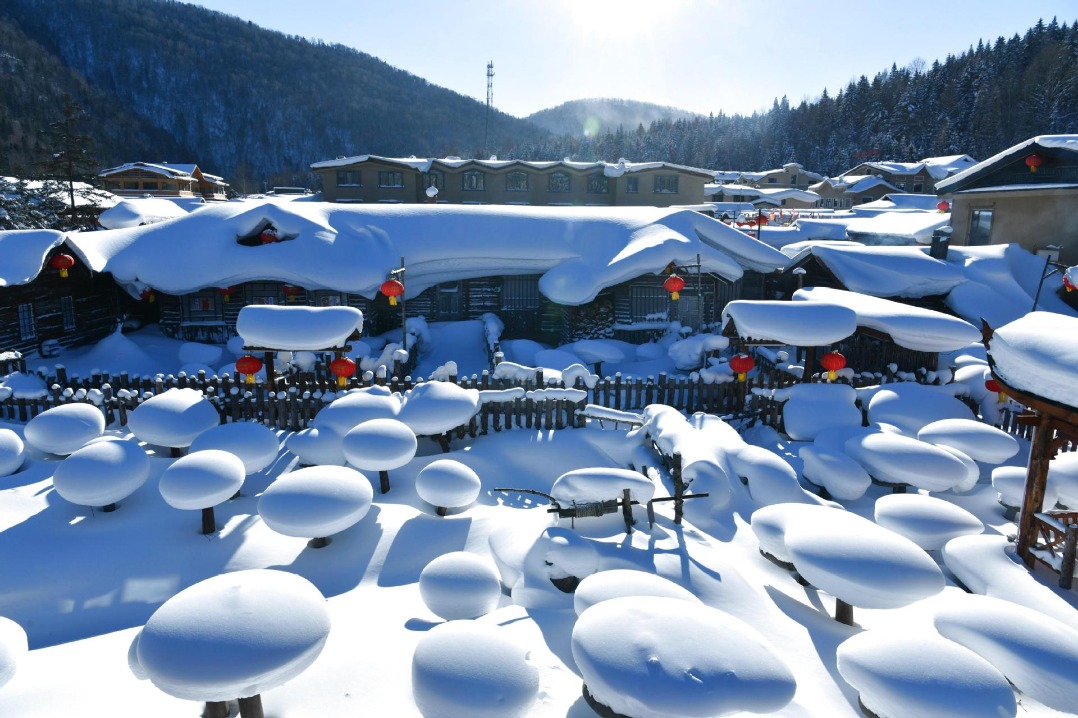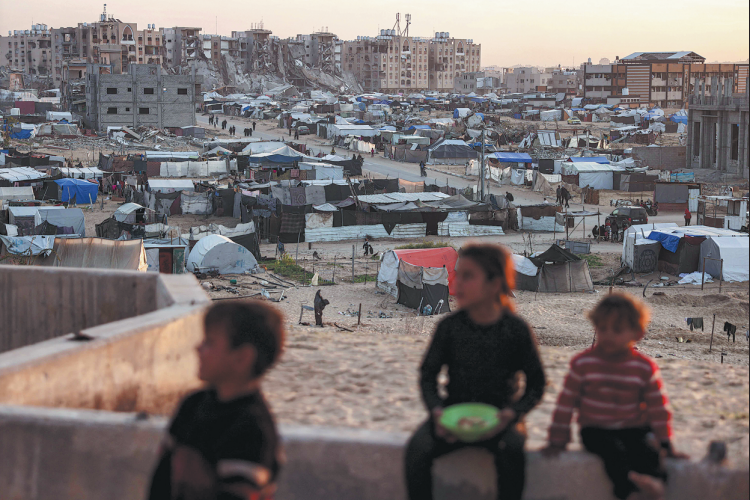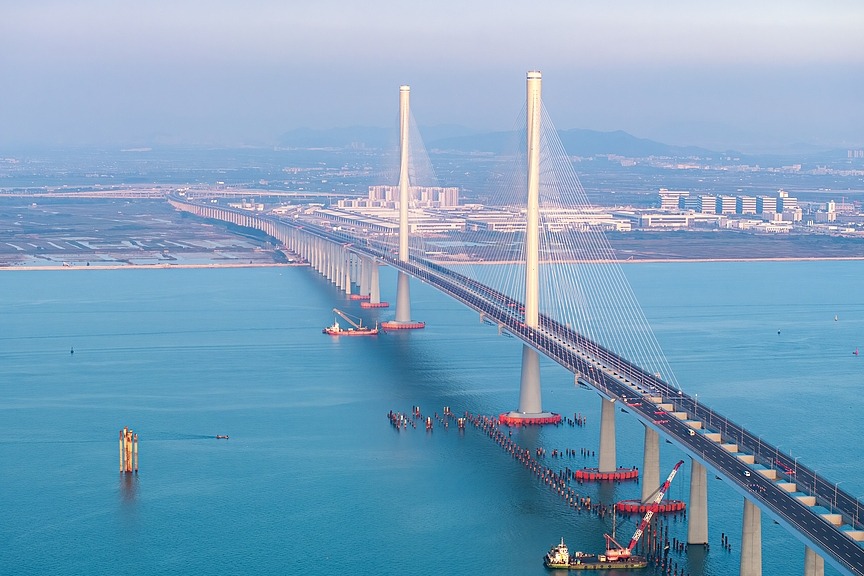There is no such thing as 'too soon' for diplomacy


The past six years that I have lived in Europe have been truly eventful. They were inspirational times as the European Union was ambitious about its landmark Green Deal. But then the EU soon found itself consumed by the COVID-19 pandemic followed immediately by the Russia-Ukraine conflict, which is still raging.
The conflict has caused huge damage to not just Russia and Ukraine but also EU member states, especially Germany, the largest economy in the bloc.
With US president-elect Donald Trump scheduled to take office on Jan 20, many are eager to know whether he can and, if so, how he will keep his campaign promise of ending the Russia-Ukraine conflict in 24 hours before even taking office. Trump and vice-president-elect JD Vance, however, have threatened to cut US aid to Ukraine.
In his traditional Christmas Day address on Wednesday, Pope Francis called for negotiations between Russia and Ukraine to end the conflict, saying that "boldness (is) needed to open the door" to dialogue.
But new EU foreign policy chief Kaja Kallas is resisting this prospect. She said last week that "any push for negotiations too soon will actually be a bad deal for Ukraine". She did not say how soon is too soon, though. The conflict will enter its fourth year on Feb 24 and there is little sign that Russia will be defeated on the battlefield, or even economically, despite the 15 rounds of EU sanctions imposed on Moscow and the tens of billions of dollars of Western support sent to Ukraine. Various polls show that most Europeans think that Ukraine cannot defeat Russia in the conflict.
Further escalation and prolonging of the conflict will only result in more needless deaths and destruction for both Ukraine and Russia, with the possible risk of a wider war in Europe.
The big question that the EU faces is whether it will be able to prevent Trump, after he assumes the US presidency on Jan 20, from stopping military assistance to Ukraine and demand that an immediate cease-fire be declared and talks held to end the conflict.
Many Europeans still remember the remarks of former Belgian foreign minister Mark Eyskens in 1991 that "Europe was an economic giant, a political dwarf and a military worm". How the EU could continue to support Ukraine effectively without the US as a partner is a question no EU leader wants to answer.
EU leaders are talking a lot these days about ramping up Europe's defense industry. But it will take many years to accomplish such a mission, if it is possible at all. The EU is not the "United States of Europe", but a bloc of 27 sovereign states whose weapons systems are often incompatible.
In the past years, the EU has behaved in a way that suggests it will never develop any relationship with Russia. That is simply unrealistic. Russia will continue to be a major power and a neighbor of the EU. So getting along with Russia or maintaining peaceful coexistence remains the only viable way forward for the bloc.
One thing that I've found deeply troubling about the conflict is that there has not been any lively public debate within the EU on it despite the bloc's "democratic" system.
Since the beginning of the conflict, the EU has banned all Russian TV channels from broadcasting in any of the 27 EU countries in a bid to control the information. Any challenge to the official European Commission position will likely be labeled as disinformation or Russian propaganda. That has been sadly true at many think tank events I've attended in Brussels.
The Russia-Ukraine conflict has derailed major EU objectives including boosting the bloc's economic and technological competitiveness and achieving the Green Deal. Some experts are also questioning if the EU is still an economic giant as Eyskens said in 1991.
To me, the EU's lack of courage and wisdom to resolve the conflict through ceasefire and diplomacy, as urged by China, Brazil and many other countries, has been a major policy failure. The EU should not stick to that failed approach.
The author is chief of China Daily EU Bureau based in Brussels.
chenweihua@chinadaily.com.cn


































